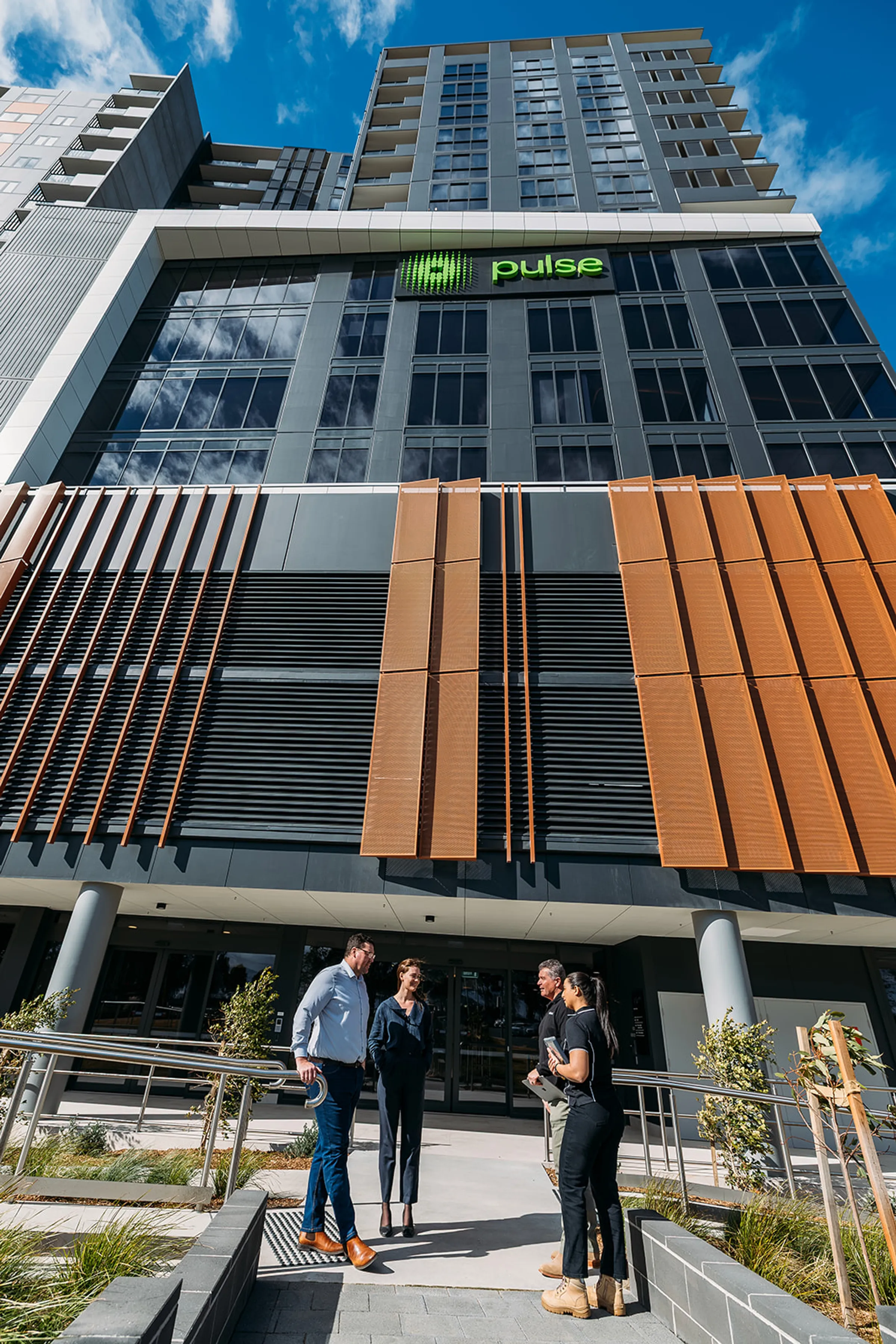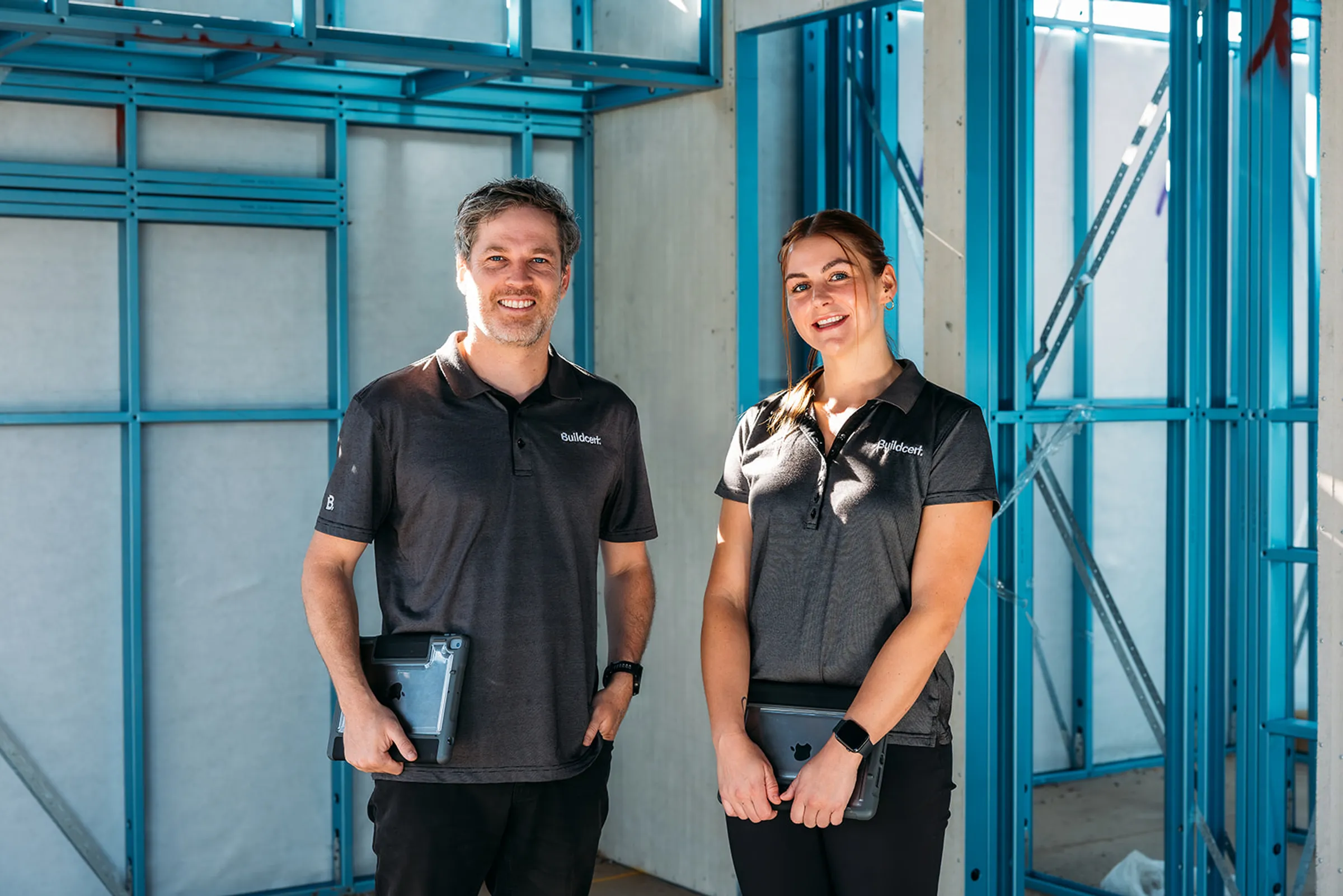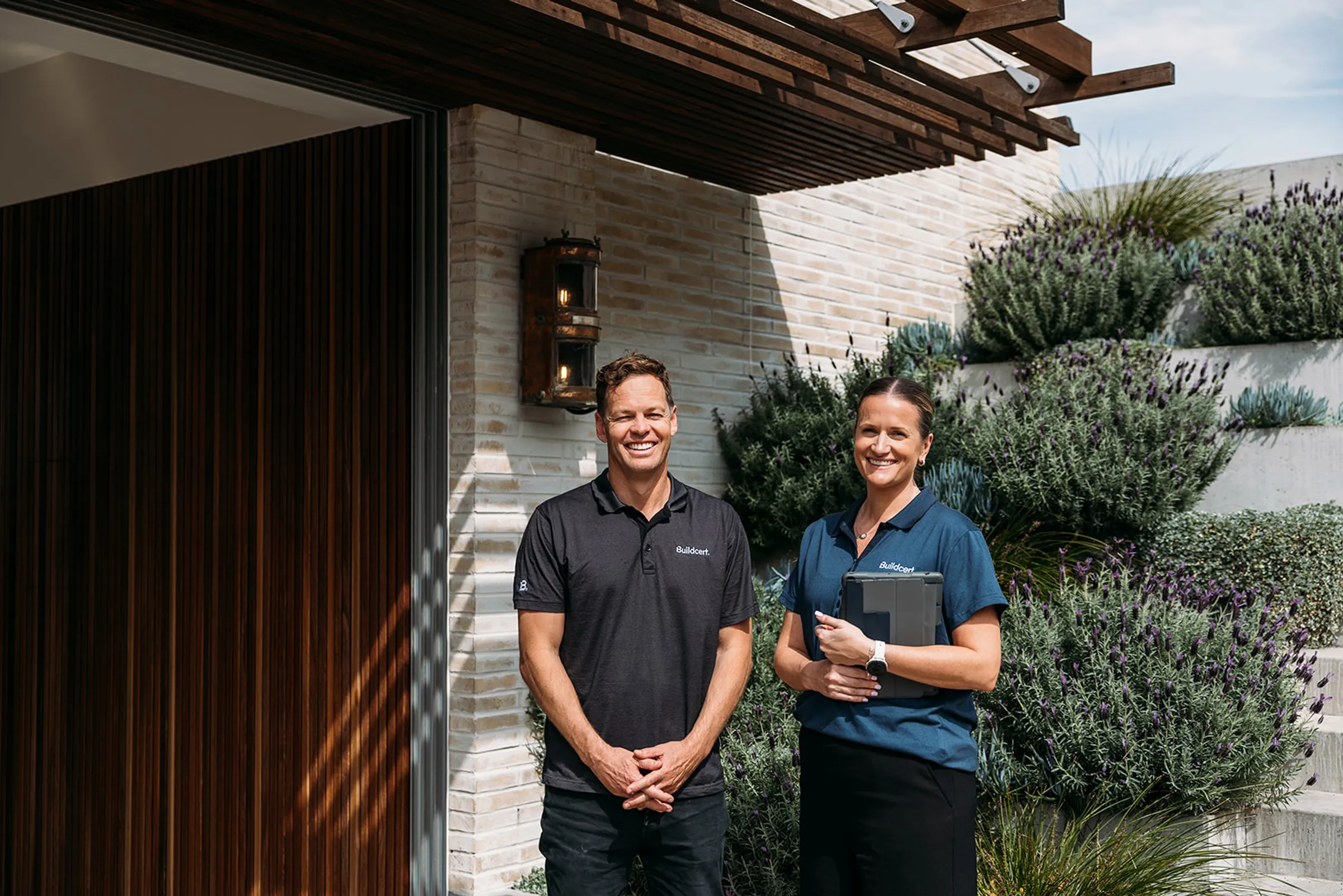
Proven experience with large-scale projects
From multi-stage subdivisions to complex mixed-use builds, we’ve handled the lot.



Large projects demand more than box-ticking. They need certifiers who understand staging, coordination and delivery pressures. Buildcert works alongside your project team from early planning through to handover, giving you certainty at every step.
Buildcert supports developers across New South Wales and south-east Queensland through practical advice, clear answers and fast turnarounds. We work with you to help your team deliver on time.
That’s certification sorted.
01
Early input for smarter planningBefore the first plans are lodged, we review your project scope and site conditions to map the most practical approval pathway. This might mean confirming whether a CDC, a straight Building Approval or DA is the right fit. By aligning approvals with your delivery program from the start, we help you plan with certainty and avoid unnecessary rework later.
02
Tailored certification strategy03
Consistent support through every stage04
Working with your team05
Scale with confidence06
Subdivision & Building Certification in one place (NSW)
From multi-stage subdivisions to complex mixed-use builds, we’ve handled the lot.

Inspections booked quickly, clear reporting, and fast turnaround on documentation so you don’t lose days waiting.

We keep up with the code changes and give you practical, project-specific guidance that keeps things compliant.

Multiple sites, multiple regions? We’re set up to handle it with consistency and care.

We flag issues early, recommend solutions, and protect your timeline and reputation at every stage.
[ Services ]
No matter how big or small your project, or what challenges you face, with Buildcert you can rest easy knowing your certification is sorted.
















Typically the same certifier cannot prepare both the BCA report and act as the Principal Certifier on a project as legally this may present a conflict of interest due to certifiers legally not being able to provide design advice.

